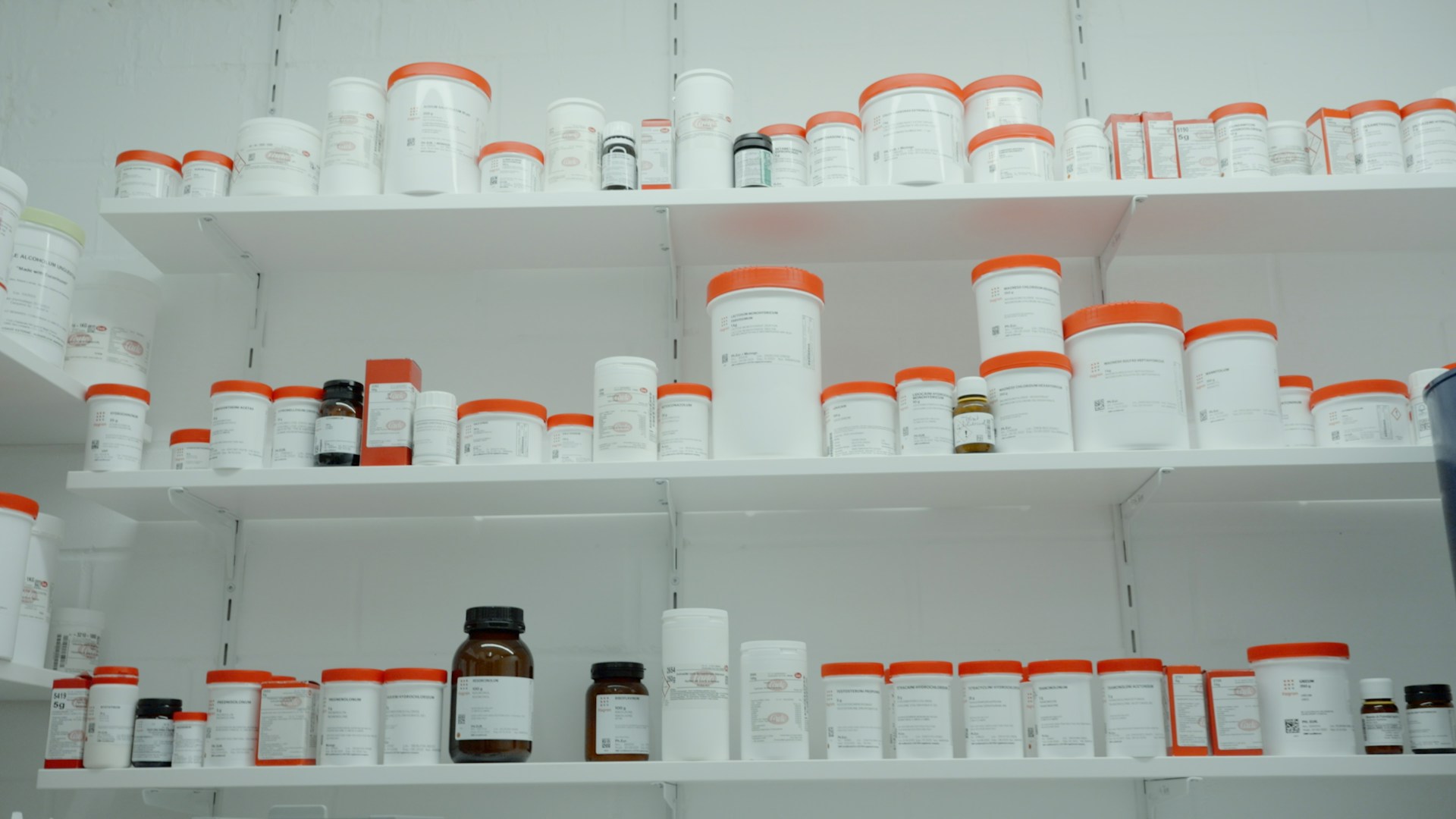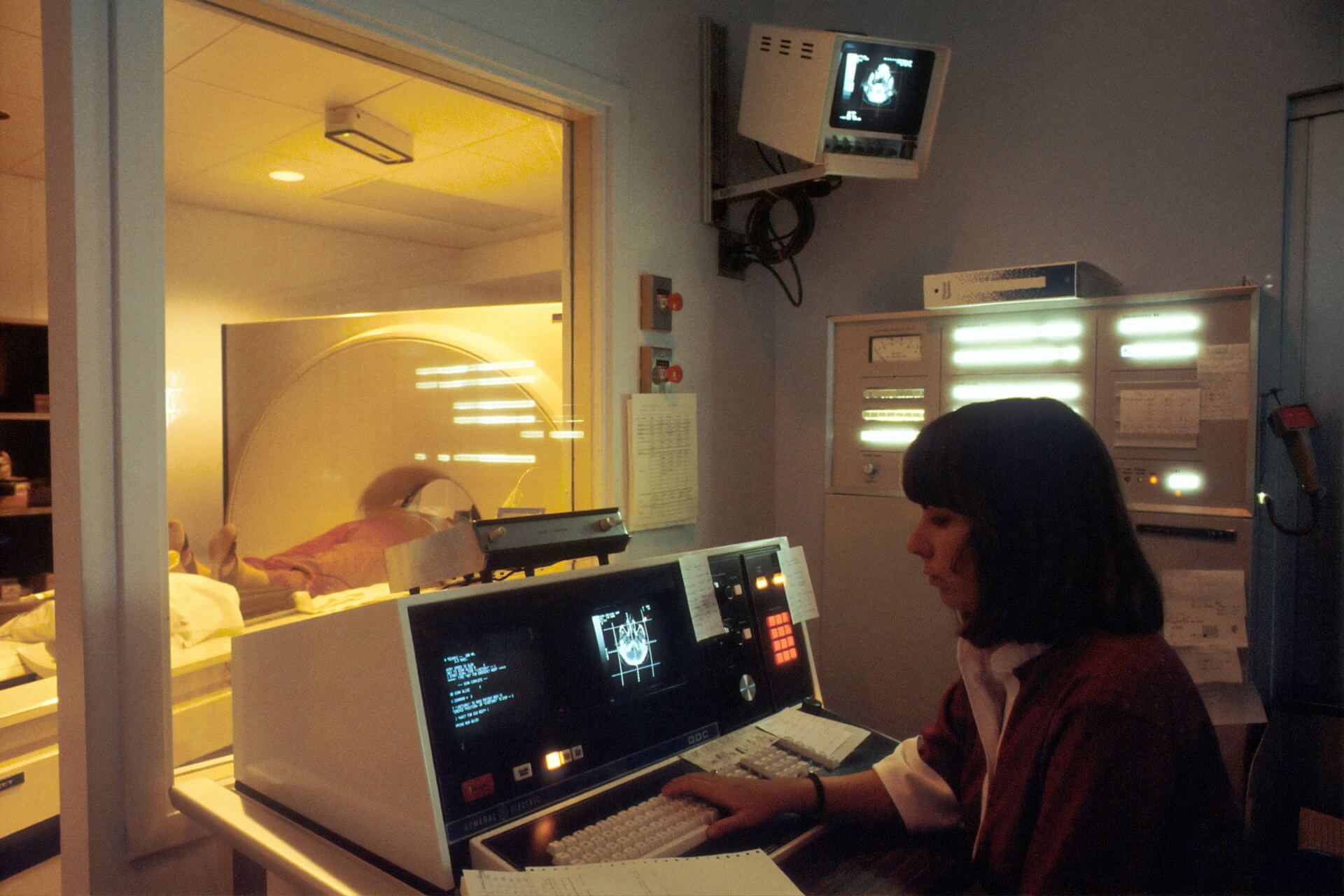
VR Surgery: Exciting Current Uses and Future Developments
February 19, 2023 - Ellie Gabel
Revolutionized is reader-supported. When you buy through links on our site, we may earn an affiliate commission. Learn more here.
Medical procedures worldwide have improved since the first surgeon took scalpel to flesh. Luckily, many of those have fostered healthy patient outcomes, like sterilization and proper anatomy studies. Technology has also played a significant role in diagnosis, patient monitoring and outcome forecasting. VR (virtual reality) surgery has also started becoming more and more crucial as its potential uses become clearer.
As most people who play video games could state, virtual reality started out with imperfect devices and questionable graphics. Surely professionals in the medical field did not see a use for it in its previous state. However, recent improvements in both areas have expanded the world of VR surgery and what it could mean for the future. Here is a look at what the technology looks like now, what developers are planning and how they could go even further.
What Does VR Surgery Look Like Now?
One fantastic way physicians are currently using this technology is to reduce a patient’s anxiety. Health care practitioners at the George Washington University Hospital used virtual reality to show a patient with a brain bleed how they would operate on her. The patient said this significantly reduced her stress before going in for surgery. They were also able to show her that the brain bleed was gone, which she reported lowered her anxiety as well.
Another aspect they — and many other professionals — are using VR surgery is to get inside their patient’s anatomy without needing to operate. They can look around inside the body, prepare multiple surgical approaches and decide which is best. Doing so can help establish multiple avenues in case there is an emergency during the operation. With a path laid out beforehand, surgeons might be able to increase survival for previously dangerous procedures.
Many facilities have also found success in using VR devices for training new staff. One study in 2021 showed their 60 participants all improved their surgical skills after learning with virtual reality. They were also able to complete their procedures faster once going through the training. Those with low visual spacial awareness were also able to achieve results similar to their high-scoring counterparts. These results are extremely promising for the future of utilizing VR surgery in hospitals to promote education and patient welfare.
Some professionals have also found success in utilizing VR for postoperative pain management in patients. They could use it to demonstrate how to care for wounds at home or simply provide a distraction from the discomfort. In a study of over 700 patients, those who received major and minor surgery said their pain reduced while using virtual reality in recovery.
What Kinds of Current Developments Are There?
Because of the exciting results VR surgery is already producing, multiple sources are now working on ways to expand the practice. Such developments could change how many surgeons treat their patients, as well as speed up recovery times. Many current innovators are looking at ways to combine virtual reality and robotics for improved operations.
One such organization is Vicarious Surgical. As of late 2021, the surgical robotics company was working on melding VR surgery and robotics to increase accuracy. Their idea includes utilizing human-like robots along with immersive virtual reality to allow doctors to see inside their patients. How are they to see inside? The team is also developing a small camera that requires no more than a half-inch incision to insert. Vicarious Surgical believes this innovative technology could increase maneuverability and visibility for minimally invasive operations.
Another potential use of robotics and VR is to provide surgery to patients around the world. If each hospital was outfitted with these advanced devices, a doctor thousands of miles away could operate on a patient without ever having to be in the room. Dr. Sam Browd is one of the many interested in bringing such advancements to the modern health care facility. He believes robotics and increased connectivity will allow humanity to improve how they provide care to patients everywhere.
Hopefully, these developments will soon come to international hospitals and show their merits. They could come to allow previously unprecedented medical access with time. Those who were once unable to travel for advanced surgeries could travel no further than their local facility to receive care. More minimally invasive operations could also allow for less painful and faster recovery times.
How VR Surgery Could Change in the Future
It does not seem like advancements could not extend beyond robotic surgery. What more could people do to develop surgery even further? However, there are potential future combinations of technology that could go on to save more lives.
For one, artificial intelligence (AI) could someday come into play. Dr. Browd discussed one of the current challenges of VR surgery is the large data sets that require analysis during an operation. If someone across the world is assisting a doctor, they need to know precisely what is going on in each image captured. It is not challenging to imagine the potential consequences a delayed analysis could cause to the surgery.
Therefore, he believes AI will be a necessary integration to improve the speed of analyzing data sets. Dr. Browd also says it could help in amalgamating the world’s surgical knowledge to aid doctors mid-surgery. They could be able to see the outcomes of previous similar operations, along with the projected conclusions of what they are doing. A virtual reality headset with AI could also offer suggestions and warnings when it detects and analyzes what it is seeing.
VR Surgery Is Revolutionizing Procedures Everywhere
The value virtual reality could add — and is adding — to the medical field is unprecedented. Current uses are already improving procedures for patients, along with providing better training to staff. Modern developments might soon create better surgeries and develop faster and more accurate practices. In the future, artificial intelligence may help doctors during their operations by offering information, solutions and warnings. As of now, VR surgery could revolutionize the world of medicine from analog to digital to help more people live.
Revolutionized is reader-supported. When you buy through links on our site, we may earn an affiliate commission. Learn more here.
Author
Ellie Gabel
Ellie Gabel is a science writer specializing in astronomy and environmental science and is the Associate Editor of Revolutionized. Ellie's love of science stems from reading Richard Dawkins books and her favorite science magazines as a child, where she fell in love with the experiments included in each edition.







